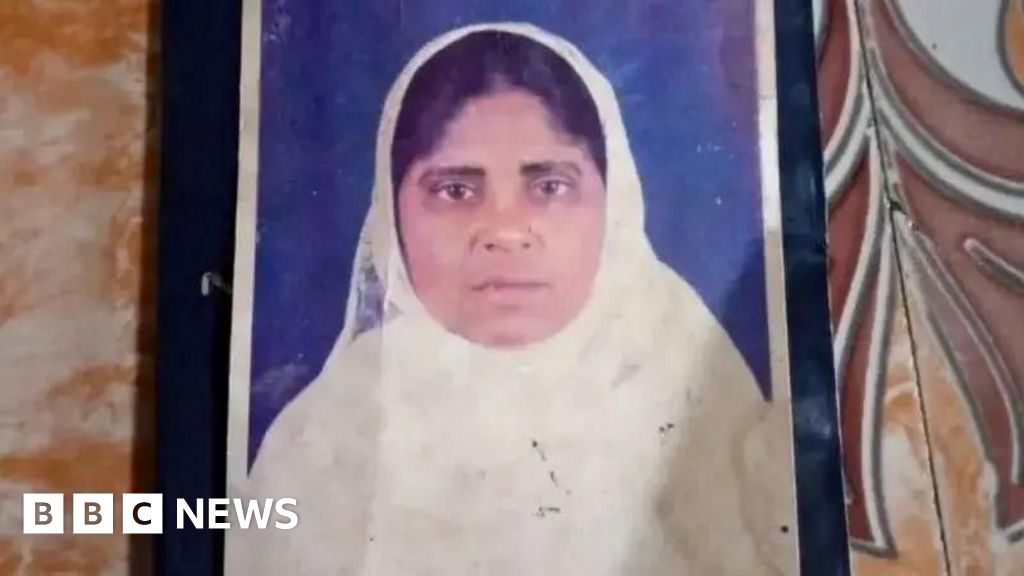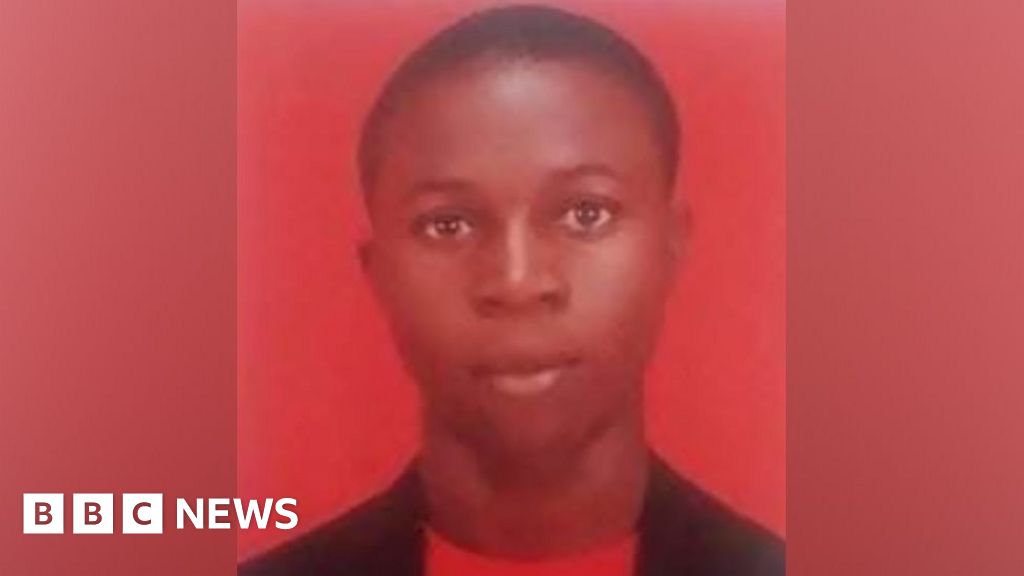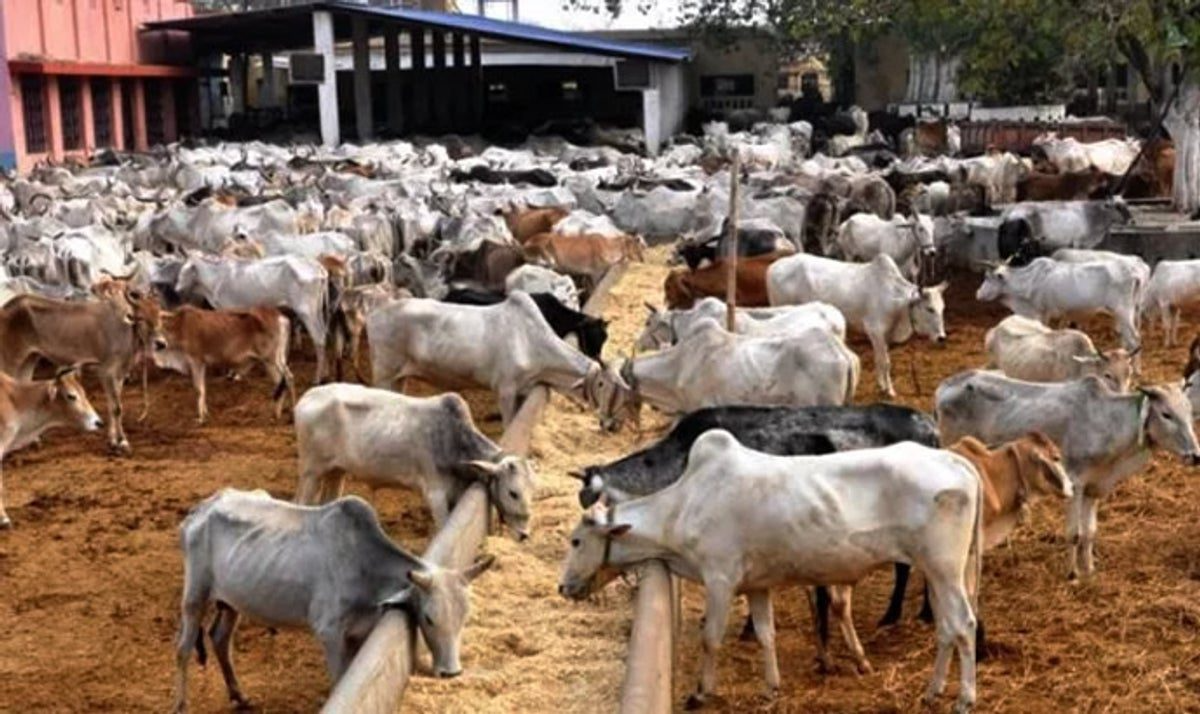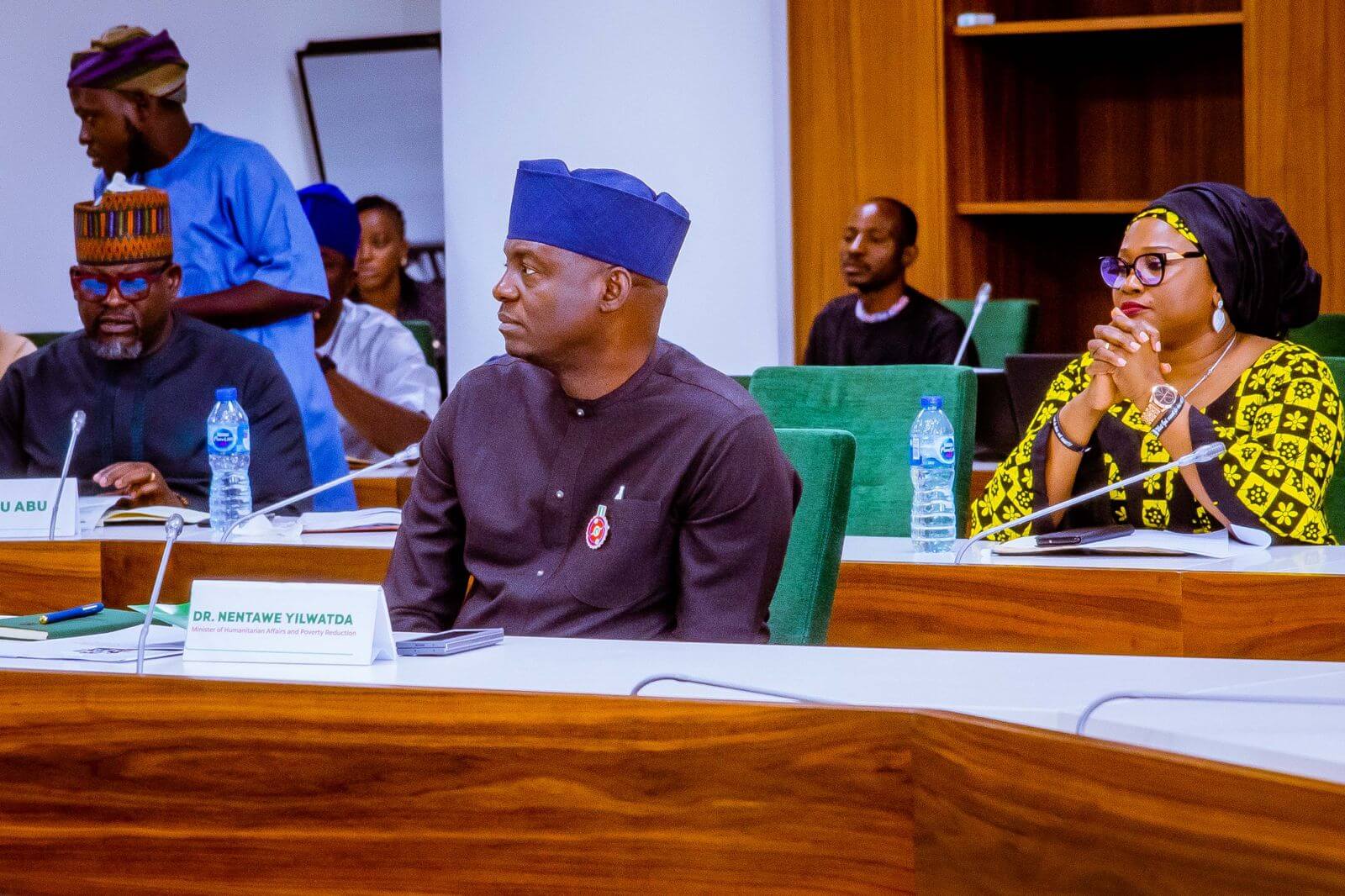Health advocates have warned that delays in releasing funds for immunisation programmes are worsening Nigeria’s zero-dose children crisis.
On Tuesday, the advocates made this known at a capacity-building workshop on ‘Media Advocacy for Vaccination Financing’ in Abuja. At the event, the Head of Programmes at Vaccine Network for Disease Control (VNDC), Chika Nwankwo, said Nigeria remains the country with the highest number of zero-dose children, reflecting critical gaps in immunisation coverage.
Causes of delay
Ms Nwankwo said delays in the disbursement of immunisation funds significantly impact child health outcomes, particularly in underserved areas.
“Immunisation is the only way to ensure children are protected against preventable diseases, but delays mean vaccines arrive late or not at all,” she said.
“Nigeria currently has the highest number of zero-dose children in the world, and we cannot change this reality without addressing these funding delays.”
Ms Nwankwo pointed out the challenges, explaining that releasing the immunisation budget requires up to 27 steps, with the Ministry of Finance handling 20 of them.
She said this lengthy system creates unnecessary delays.
Nigerians need credible journalism. Help us report it.
Support journalism driven by facts, created by Nigerians for Nigerians. Our thorough, researched reporting relies on the support of readers like you.
Help us maintain free and accessible news for all with a small donation.
Every contribution guarantees that we can keep delivering important stories —no paywalls, just quality journalism.
“Sometimes, a memo lands on the wrong table or lingers because the urgency is not understood,” she said.
She emphasised that timely and streamlined funding is crucial for Nigeria to achieve its immunisation targets.
She stated that the goal is for 100 per cent of immunisation funds to be fully released within the year, with processes shortened to make the system efficient and effective.
Ms Nwankwo further highlighted Nigeria’s progress and challenges in vaccine financing, noting that in 2022, Domestic Resource Mobilisation (DRM) funds for immunisation were not fully released. By early 2023, no allocation had been made.
“However, this administration has shown commitment by releasing 25 per cent of the 2024 immunisation budget already,” she said.
“Despite this improvement, much more remains to be done. The scorecard still reflects red, and we must continue to push for full and timely releases.”
 Cross section of participants
Cross section of participantsImmunisation
Immunisation remains one of the most effective public health interventions globally, saving millions of lives by protecting individuals, particularly children, from preventable diseases such as polio, measles, and diphtheria.
In Nigeria, immunisation plays a critical role in improving child health outcomes, especially in a country where child mortality rates remain among the highest in the world.
According to UNICEF, Nigeria accounts for a significant portion of global under-five deaths, with vaccine-preventable diseases contributing substantially to this figure.
Despite the clear benefits of immunisation, many Nigerian children still miss out on essential vaccines due to delays in funding, poor infrastructure, vaccine hesitancy, and limited access to healthcare facilities in rural and underserved areas.
Additionally, inadequate human resources, cultural beliefs, and misinformation have discouraged vaccine uptake in some communities, leaving children vulnerable to preventable diseases.
The Nigerian government has implemented several initiatives to improve immunisation rates in response to these challenges.
The government has also partnered with international organisations like Gavi, the Vaccine Alliance, and UNICEF to fund immunisation campaigns, introduce new vaccines, and raise awareness about the importance of immunisation.
However, progress remains inconsistent due to delays in fund disbursement and administrative issues.
READ ALSO: INVESTIGATION: Abandoned barite mines poisoning people in Nigerian communities
Media as partner
The VNDC’s Media Consultant, Rachael Abujah, urged journalists to take a more active role in holding policymakers accountable.
Ms Abujah said the media has the power to pinpoint the human cost of these delays and amplify advocacy messages.
“By doing so, we can drive the attention needed to ensure vaccines reach every Nigerian child, regardless of where they live,” she said.
Ms Nwankwo also emphasised the need for media support in amplifying advocacy to policymakers and other critical stakeholders to reinforce their support for vaccine financing and the general public’s education on the importance of children’s vaccination.
Support PREMIUM TIMES' journalism of integrity and credibility
At Premium Times, we firmly believe in the importance of high-quality journalism. Recognizing that not everyone can afford costly news subscriptions, we are dedicated to delivering meticulously researched, fact-checked news that remains freely accessible to all.
Whether you turn to Premium Times for daily updates, in-depth investigations into pressing national issues, or entertaining trending stories, we value your readership.
It’s essential to acknowledge that news production incurs expenses, and we take pride in never placing our stories behind a prohibitive paywall.
Would you consider supporting us with a modest contribution on a monthly basis to help maintain our commitment to free, accessible news?
TEXT AD: Call Willie - +2348098788999
















 English (US) ·
English (US) ·